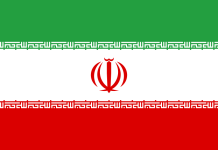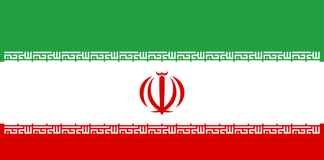Economist and Chief Consultant, B. Adedipe Associates Limited, Biodun Adedipe, posited that Nigeria’s Gross Domestic Product (GDP) has a potential annual growth of 0.4 percent if the diaspora remittances are properly managed.
He stated this in an interview with This Day, citing a publication by Bloomberg where Nigerian migrants were regarding as the most outstanding followed by Pakistan and Canada.
According to Adedipe, the Bloomberg publication noted the advantage Nigeria had, as it had many migrant workers in various countries across the world, which in turn leads to higher remittances to the country.
He said, “What they showed there in that study was, for the countries that benefit from migrant workers, Nigeria is on the side of those that have many migrant workers in the rest of the world, and therefore make remittances home.
“The estimated remittance from the study and review of literature is that the remittance by Nigerians in diaspora is an average of $34 billion annually. Now, if you look at that study also, the map of the world is what they used there to summarize it.
“The summary indicates that if Nigeria is able to manage that remittance effectively, it will add 0.4 percent to our GDP growth annually. That is very significant.”
READ ALSO: ANALYSIS: Nigeria Suffers 27% Cooking Gas Supply Shortfall in August
Unlike Pakistan and other countries that receive remittances from the diaspora, Adedipe said, Nigeria does not receive a lot of the dollar into its foreign exchange market, “they remain outside there”, he said.
Giving an example, he explained, “This person has $10,000 in the US, and wants to give the naira equivalent to his family member here in Nigeria, ordinarily the way it works in other countries is that that $10,000 will come into the FX market within Nigeria, and becomes a boost to supply here.
“But the reality is that in Nigeria’s situation, the dollar doesn’t leave where it is. The person that provides the naira equivalent here would rather keep the dollar equivalent outside there, so it doesn’t come into the FX market in Nigeria.”
On the issue of the circulation of foreign exchange by foreign entities, Adedipe called for the enforcement of laws guiding these firms directing them to “bring in foreign currencies into the FX market here in Nigeria.
“If we find the courage and political will to enforce those regulations and laws, all of these aberrations and arrant behaviours will be checked.”
He commended the Central Bank of Nigeria’s (CBN) move to cut off the supply of foreign exchange to Bureaus de Change (BDC), as it was not part of the “original concept” when BDCs were introduced into the system.
“We often over the course of time, bastardised it in the sense that we completely depart from the original concept.
“We got ourselves to a point where the government now, through CBN, will regularly allocate FX to BDCs in certain amounts, and of course receive the naira equivalent from them,” he said.












